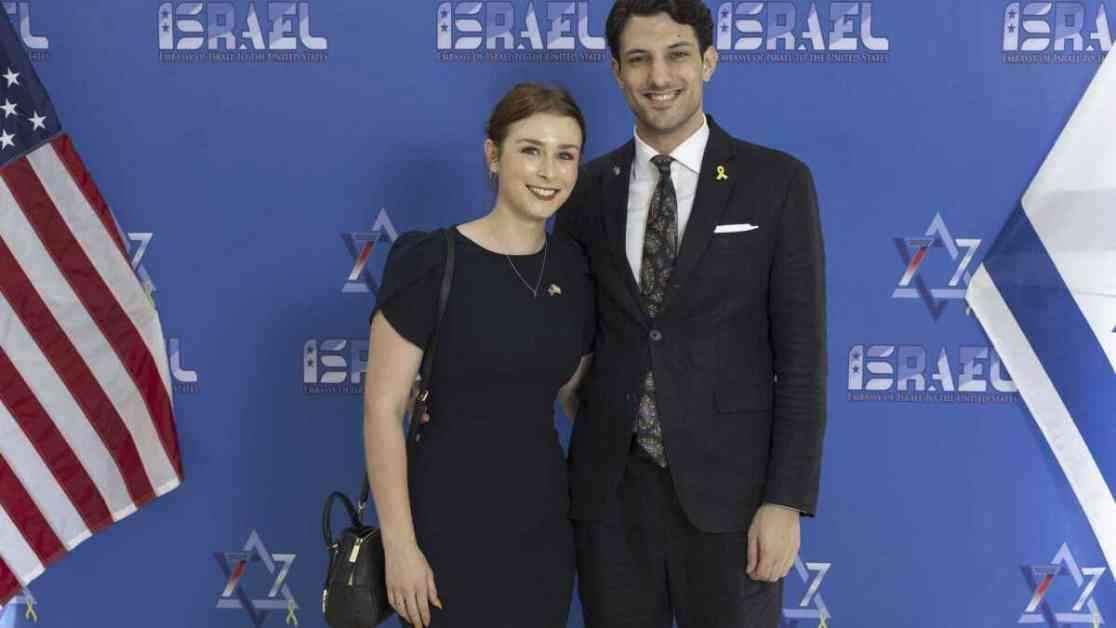The Capital Jewish Museum in Washington was the scene of chaos as gunfire broke out during a humanitarian aid event for Gaza. Yoni Kalin and his wife, JoJo, witnessed the commotion as museum security hurried attendees away from the doors while others rushed back inside. Among the crowd was a visibly agitated man who approached police upon their arrival, claiming, “I did this for Gaza. Free Palestine.” Kalin, a 31-year-old biotech worker from Washington, described the man’s chants of “Free Palestine. Intifada revolution” as typical protest rhetoric. He later regretted picking up the man’s red kaffiyeh, a traditional Arab headdress, in an attempt to return it.
The event, organized by JoJo with the American Jewish Committee and humanitarian aid groups Multifaith Alliance and IsraAID, aimed to foster collaboration and support but ended in tragedy. Israeli Embassy employees Yaron Lischinsky and Sarah Milgrim lost their lives in the shooting. Lischinsky, an Israeli citizen, had plans to propose to Milgrim, a U.S. citizen, in Jerusalem the following week. The suspect, Elias Rodriguez, 31, of Chicago, was detained by security after pacing outside the museum before the incident. Despite the FBI’s assurance of no ongoing threat to the public, President Trump and U.S. Atty. Gen. Pam Bondi vowed to bring the perpetrator to justice.
The shooting occurred amidst Israel’s latest offensive in the Gaza Strip, resulting in thousands of casualties and a humanitarian crisis. The conflict has sparked protests worldwide, including in the U.S., a major arms supplier to Israel. Brian Levin of the Center for the Study of Hate and Extremism highlighted the rise in antisemitic and anti-Muslim attacks during Middle East conflicts, perpetuating bigotry and violence. Despite the tragic events, many, like Kalin, remain committed to promoting peace and unity among diverse communities. The need for collaboration and understanding is paramount in addressing the root causes of violence and hatred.


